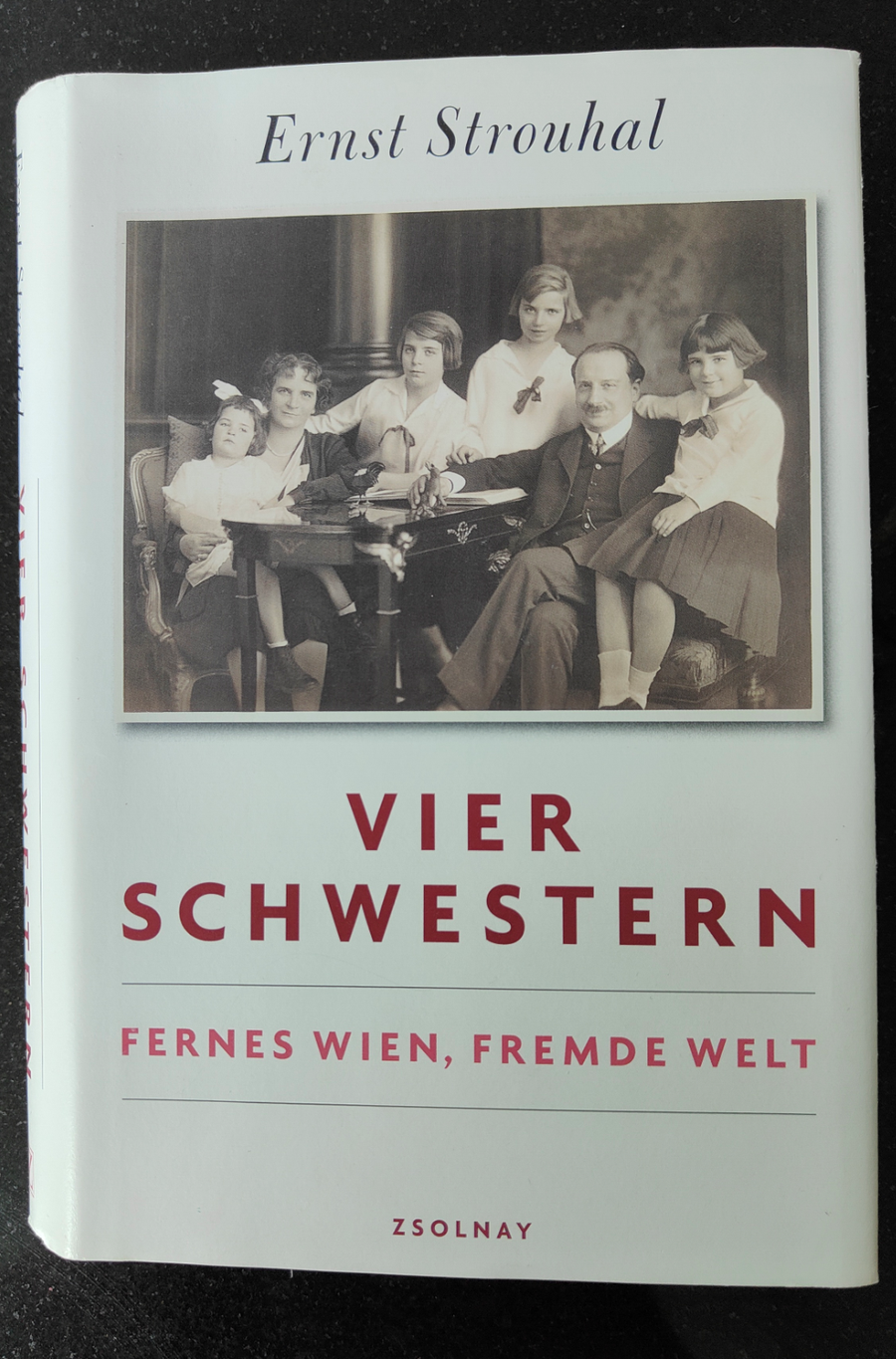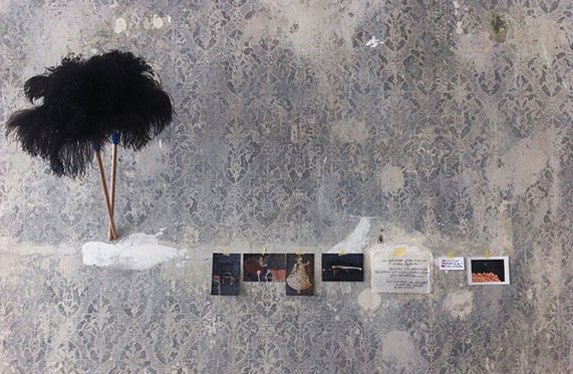Prof. Ernst Strouhal’s book ‘Vier Schwestern. Fernes Wien, fremde Welt’ is based on a collection of letters from the Benedict family which also includes comments from the author who is a renowned Austrian journalist and scholar. The book follows three generations, telling the story of a family in the 20th century, a period characterised by social shifts and socio-political changes.
In placing the Benedict’s story within a broader context, it delves into the literary and cultural phenomena of that period. Following a classic memoir style, the narrative has a nostalgic feel to it which is enhanced by the letters the book revolves around. Strouhal’s work is both emotionally and intellectually rich, grasping universal human experiences. Notably, this novel is also reminiscent of popular family sagas such as Thomas Mann's ‘Buddenbrooks’, John Galsworthy's ‘The Forsyte Saga’, and Gabriel Garcia Marquez's ‘One Hundred Years of Solitude’. Strouhal tells the story of four sisters – his mother and aunts – delving into their special bond and how their fates are intertwined throughout their lives.
The storyline sheds light on the complex family dynamics and the frictions caused by generational differences. However, what ultimately brings them together is their deep connection on an emotional as well as intellection level which makes for enriching communication. The overarching theme of Strouhal’s memoir revolves around the concept of ‘family’ in the face of upheavals in the 20th century. For instance, the Jewish persecution and their expulsion from Nazi Germany were reinterpreted since that sparked a new found creativity. The sisters found refuge and comfort in their creative efforts as it not only gave them a sense of purpose but also allowed for self-realisation. The letters they exchanged highlight their search for their identity as they pursue their personal development. The culture within the Benedict family is characterised by a drastic shift in their world view. Respectively, the patriarchal family model was dismantled in the 20th century which resulted in the rise of more progressive family dynamics rooted in European, Austrian democracy. A key factor therefore was the emphasis on ‘freedom of choice’, irrespective of gender. Thus, the author points out the similarities between destructive trends in modern society and the sisters’ challenging destinies. The letters are essential to the storyline as they are concerned with the idea of family as shaped by national Austrian ideals. Essentially, the family’s commitment to certain ideals, such as the pursuit of knowledge, cultural preservation and the principles of European democracy, allow them to uphold and carry forward the values associated with that era.
Review by Yaroslava Kovalova
This review was written for the ACF London's EXPLORE OUR LIBRARY initiative.

